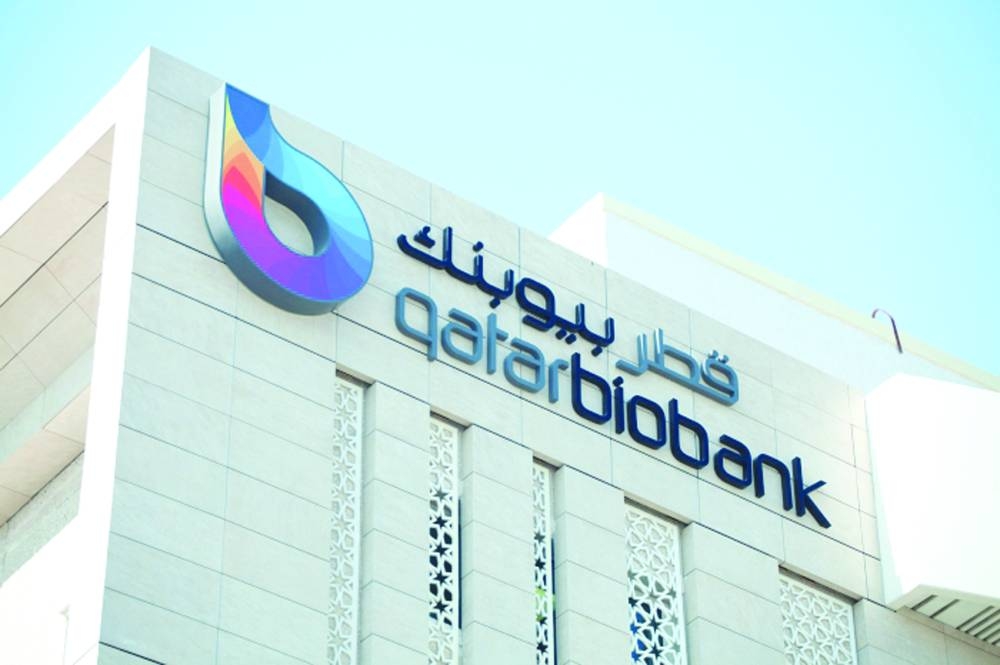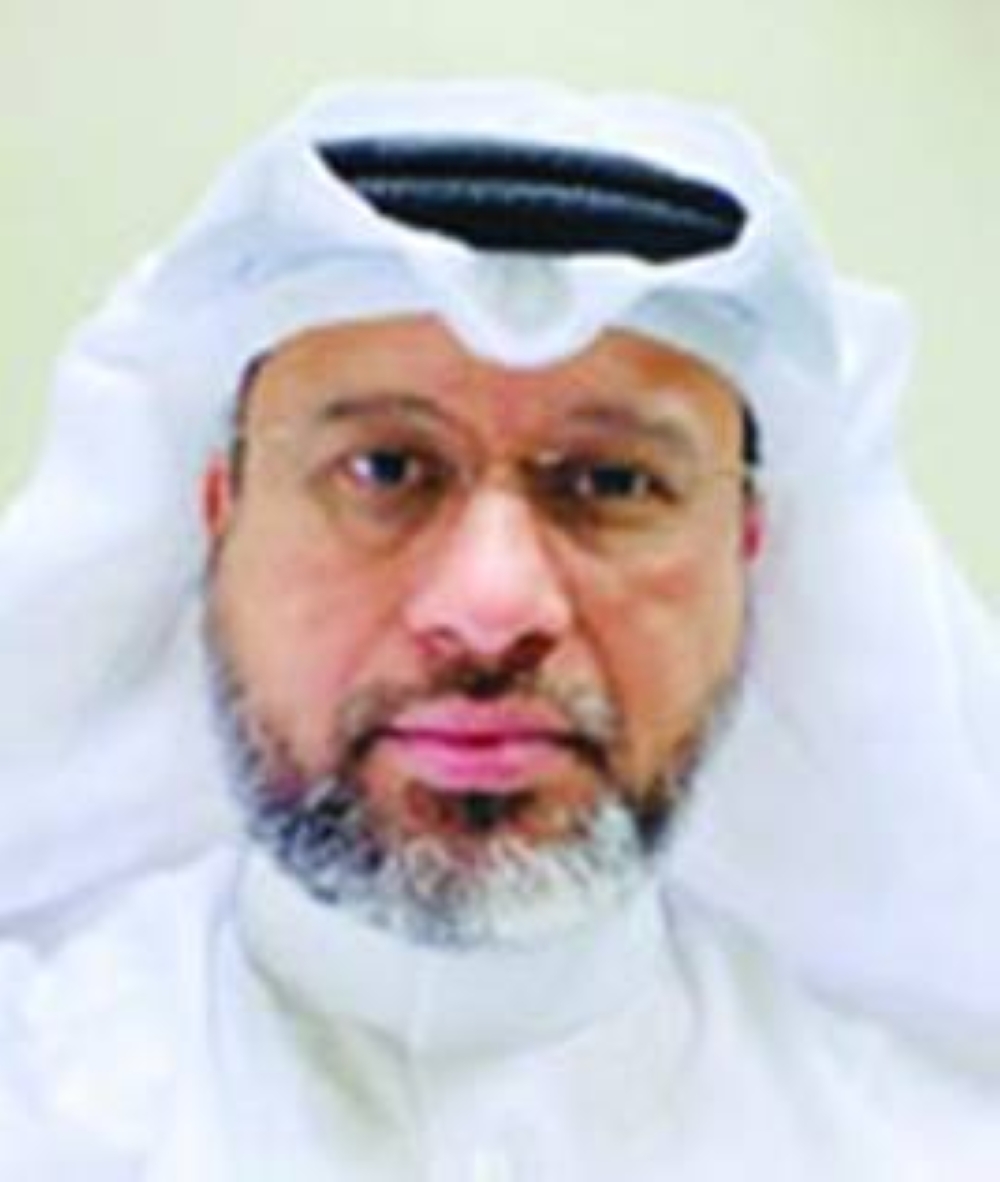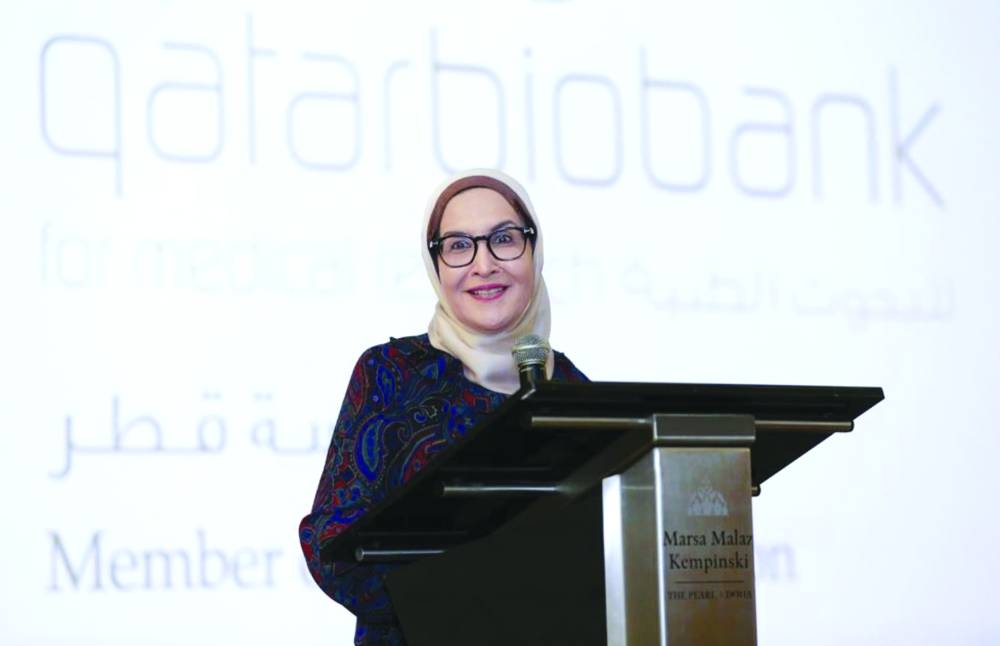Qatar Biobank (QBB), created to help scientists conduct medical research, is now integrated with Oracle Cerner’s electronic health record system (EHR), which is deployed as the clinical information system (CIS) at Hamad Medical Corporation (HMC). By fully integrating with the EHR, clinical and administrative systems – including laboratories – QBB has been able to create a more seamless experience for its scientists working on medical research and studies.
QBB can now contribute more to the advancement of healthcare and achieving Qatar’ National Vision 2030, a comprehensive world-class healthcare system that is universally accessible to the Qatari population, including high-quality research and excellence in care delivery, a statement said Tuesday.
QBB director Dr Nahla Afifi, said: "The new system not only facilitates patient referrals between Qatar Biobank, HMC, and Primary Health Care Corporation, but also enhances the delivery of healthcare services across Qatar.”
Serving as a technical expert, Oracle Cerner helped implement the new interface over a period of approximately four months. The integration will help researchers access comprehensive participant data all in one place, accelerate research, and help QBB drive medical advancements and improve healthcare outcomes for the people of Qatar. The streamlined approach reduces transactional errors, creates a single health record, and supports near real-time turnarounds for transmitting and retrieving records and research. It also allows QBB participants to place orders in a simpler and safer way with data accuracy and integrity.
Dr. Ahmed Jenaid S. Omar, chief medical informatics officer at HMC, said this work supported the Corporation’s performance optimisation efforts: “This technological integration allows us to streamline workflows and processes, which supports better patient care as well as operational systems efficiencies.”
Previously, QBB had a separate, standalone system from HMC for instances such as appointments and labs. Having separate systems required QBB staff to retrieve results from HMC’s CIS before uploading the relevant information to QBB’s EHR when its scientists conducted medical studies. This process caused delays and required additional time to get results. It also required double record-keeping across both organisations and led to long wait times for findings to be communicated to QBB.
“By establishing a national repository of biological samples and health records, QBB is accelerating research,” said Akram Sami, vice president and managing director, Middle East and Africa, Oracle Health.
Since 2012, HMC has helped support an integrated delivery of care across Qatar’s public healthcare sector, also linking in the Primary Health Care Corporation facilities. The adoption of the CIS has helped HMC to further expand and enhance electronic health services to the community and deliver a better patient experience, the statement added.


Dr Ahmed Jenaid Omar

Dr Nahla Afifi
